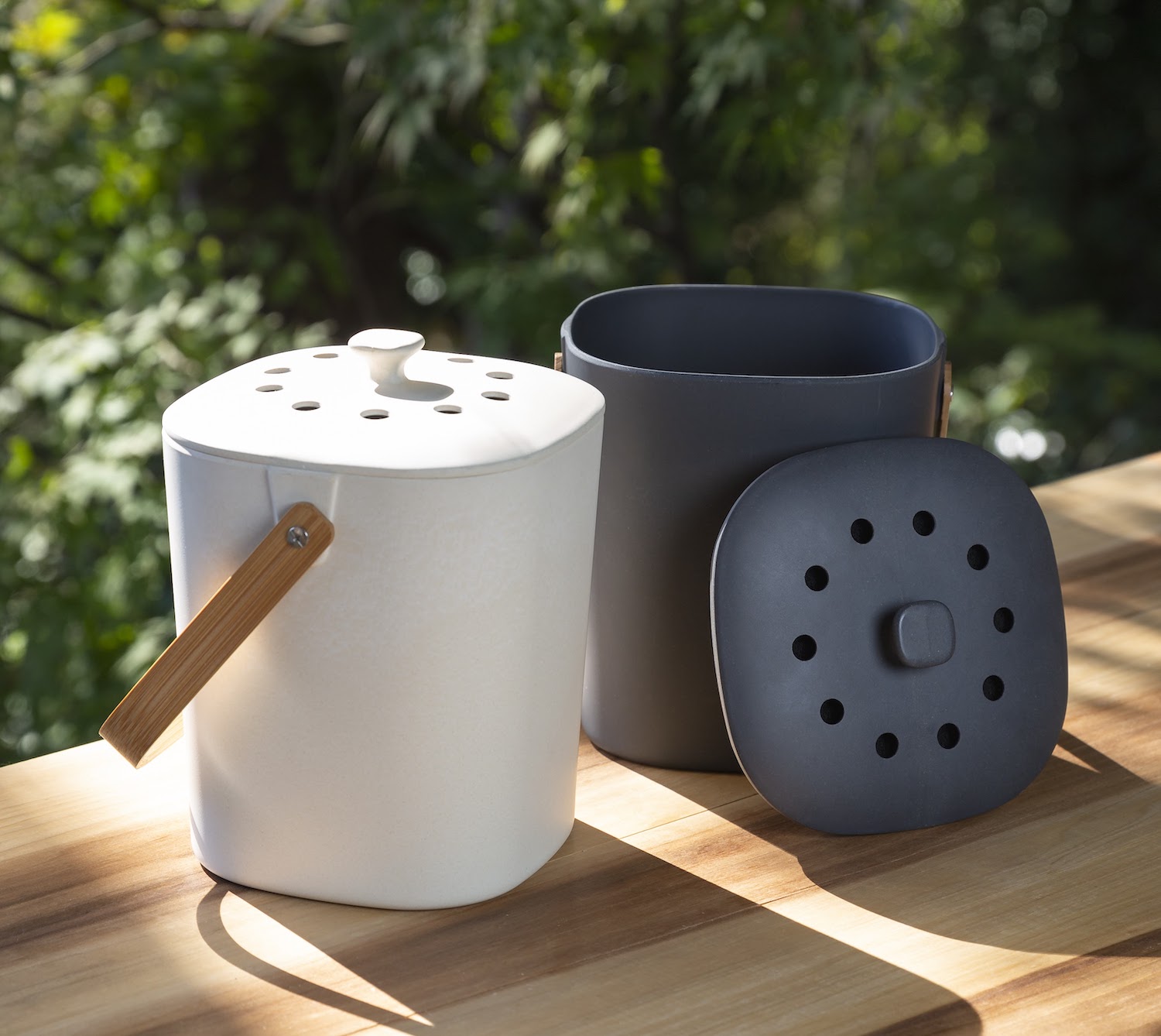
Bamboozle, a company that produces plastic-looking kitchenware from a combination of bamboo and other renewable sources, is looking to scale up and further its aim to cut disposable plastic use.
“We really want to continue evolving our material and finding partners who want to take on the material,” said Avishai Greenstein, Bamboozle’s brand manager. “We’re very happy to engage with them. Our goal is to accelerate the transition away from legacy plastics. If we do our small part in the housewares industry, we are happy with that. Hopefully, the work we are doing can advance the cause across more industries."
Bamboozle built loyalty during the pandemic, and now it's looking to grow
The six-year-old company uses Astrik, a mix of 15 percent bamboo and 85 percent polylactic acid (PLA), a plastic-like substance made from renewable sources such as corn starch, sugarcane or tapioca, to make serving dishes, bowls, composters and other kitchenware.
Many of the machines used in manufacturing Bamboozle products have been converted from the plastics industry. The company has a partner in the Midwest that mixes materials. Its products are manufactured with one-fifth of the greenhouse gases used to make plastic, and once they reach the end of their lifespans, they are biodegradable, so they don’t end up in oceans or landfills.
The company’s composter has proven popular recently, in part because Bamboozle was an early entry in the composter arena. “It seems like the first person to get it right, gets the most business on the Internet,” joked Greenstein.
Bamboozle built loyalty during the pandemic in part by selling attractive, functional, sustainably-produced housewares online and making custom items. It was able to persevere despite the explosion of single-use plastic, which people felt were safer to use while COVID-19 was raging. Bamboozle’s product line also includes trays and cups designed to prep, cook and serve a meal.
“Custom work is great,” Greenstein explained. “It gives us the capability to be more flexible. People don’t want to copy us because we can just do it for them.”
The company is also connecting with smaller retailers with environmentally-friendly products as well as expanding its involvement with branded e-commerce. Independent stores, which struggled during the pandemic, are making a comeback and shifting to more sustainable, zero-waste products. “We love working with them,” Greenstein said. “We want the most cutting edge partners."
“We want to engage with other brands,” he added. “We want to build out a list of people trying to do something different and better. We’re sticking to our guns, with elaborate colors and unique designs. We have to be ourselves as much as possible.”

Scaling an alternative to single-use plastic
Bamboozle’s biggest rival is traditional plastic items. “The competition is something that breaks easily and is just trying to chase the lowest price possible,” Greenstein noted.
Some consumers have voiced concerns that Bamboozle uses foods in its product formula, and the company says it is always investigating alternatives. “We’re looking at ways to use garbage, or possibly grow more bamboo,” Greenstein told us. “We look for opportunities in every step of the supply chain to make improvements.”
The increase in sustainably-produced items has been hampered in part by their price and design. “People may be willing to spend more on design, and then sustainability is the cherry on top,” he said. “Sustainability is wonderful, but useful is important. I wish more people would care about sustainability.”
Eventually, sustainable operations will be the standard for how most things are done, Greenstein predicts. If everyone in every supply chain just improved their sustainability efforts by 5 percent, whether in terms of construction, transportation or waste disposal, sustainability levels would grow much faster, he added. “Never downplay anyone who says they are only doing this little thing,” he said. “We have to start somewhere.”
Images courtesy of Bamboozle

Ellen R. Delisio is a writer who lives in Long Island, NY. Over the past 30 years, her writing has focused on life science, sustainability, education issues and electric vehicles. Ellen is an avid reader and beach-goer.














